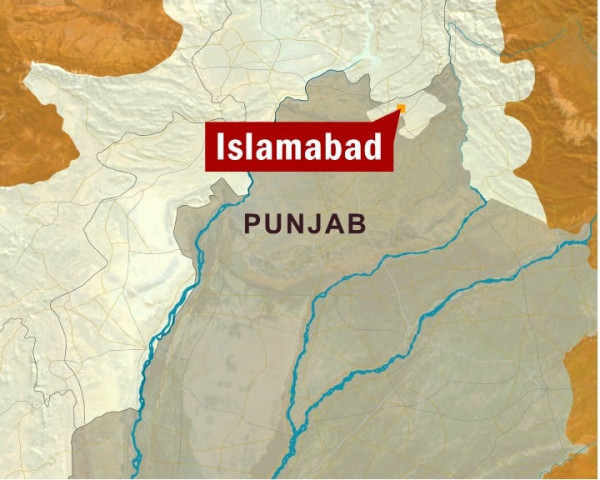Four-country gas pipeline ‘coming soon’
Ambassador of Turkmenistan say multi-billion project’s modalities being finalised.

The modalities for a multi-billion dollar Turkmenistan-Afghanistan-Pakistan-India (TAPI) gas pipeline project are expected to be finalised soon. The project would serve as an energy lifeline across Central and South Asia.
This was stated by Sapr Berdiniyazov, Ambassador of Turkmenistan, while delivering a lecture on “Socio-Economic and Cultural Development of Turkmenistan” at Quaid-i-Azam University (QAU) on Tuesday.
The lecture was jointly organised by Society of Asian Civilizations and Department of History, QAU. The ambassador said that different technical agreements for users, buyers, and transistors are at the final stage, while modalities to establish a consortium are being negotiated to construct the energy lifeline.
Sapr Berdiniyazov said Turkmenistan is exporting its oil, gas and electricity to Russian Federation, Ukraine, Iran, Afghanistan and Turkey through existing pipelines.
He said the bilateral economic relations between Pakistan and Turkmenistan focus on realisation of the TAPI gas pipeline project.
“The 1,735 km long TAPI gas pipeline is expected to transport Turkmen natural gas in the volume of 30 billion cubic meters annually,” he said.
The construction of this gas pipeline will create new jobs, help in the development of social infrastructure along the pipeline route and, most importantly, help maintain political stability in the region.
The multi-billion dollar gas pipeline project is expected to generate 12,000 jobs in Afghanistan besides providing annual transit fees.
The pipeline is 1,735 km long and will be laid from Turkmenistan to Multan ending at Indian city of Fazilka. It is expected that the pipeline will be constructed by 2014 and it will route through south Yolotan gas field of Turkmenistan to Herat, Kandhar, Chaman, Quetta, Multan and Northern Indian city Fazilka.
Berdiniyazov said Pakistan and Turkmenistan are seats of original cultures and centres of world’s earliest civilizations.
“Close identity of views and mutuality of interests remains the hallmark of the ties between two countries,” added Berdiniyazov.
He said since independence in 1991 Turkmenistan has made considerable progress in various sectors such as modern fuel-energy industry, processing and textile industry, construction industry, agricultural, transportation and field of communication.
Chairperson, Department of History, Dr Razia Sultana, Dr Zulfiqar Ali Qureshi, President Society of Asian Civilizations and a large number of faculty members and students attended the interactive session.
Published in The Express Tribune, May 18th, 2011.



















COMMENTS
Comments are moderated and generally will be posted if they are on-topic and not abusive.
For more information, please see our Comments FAQ